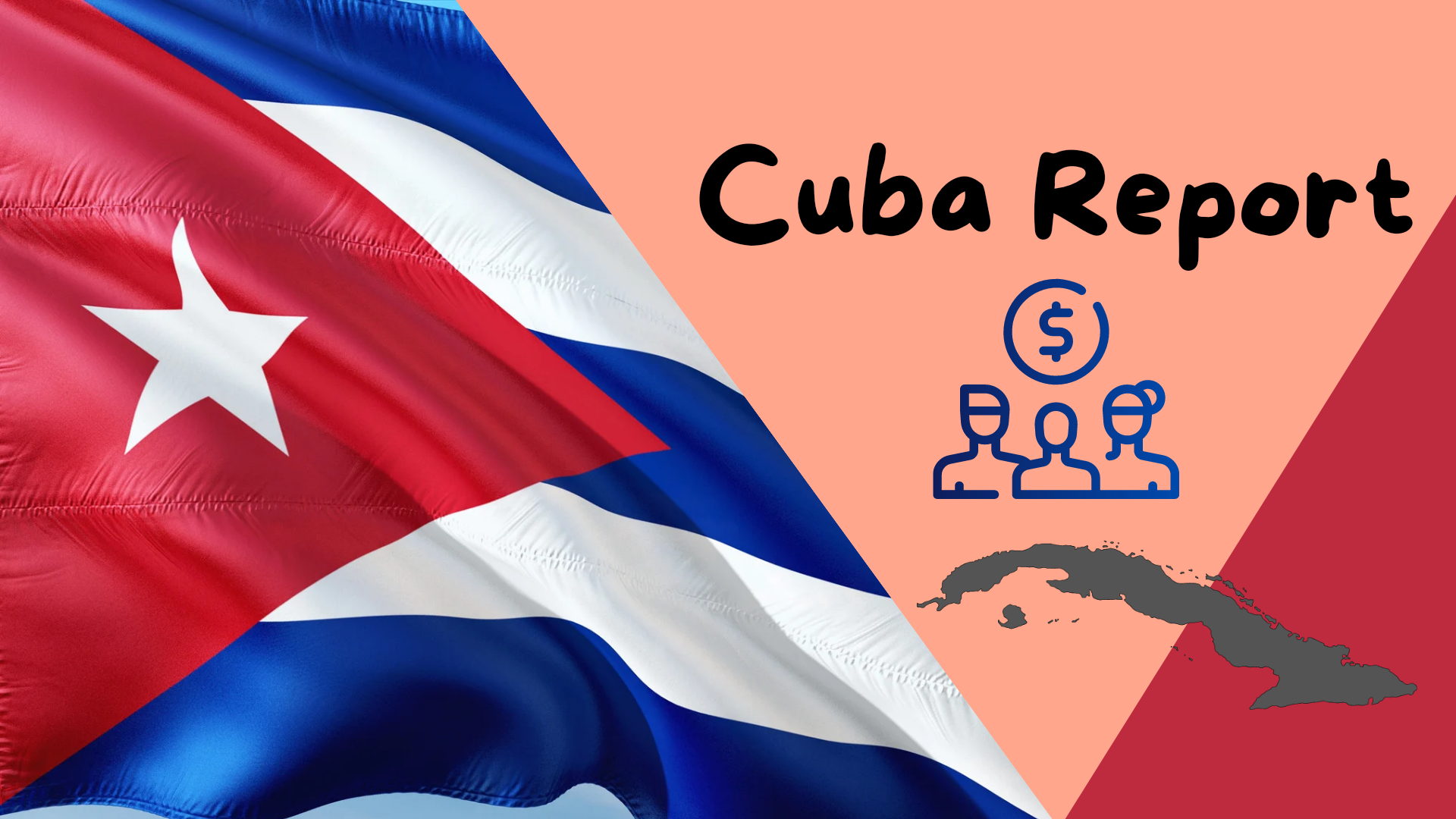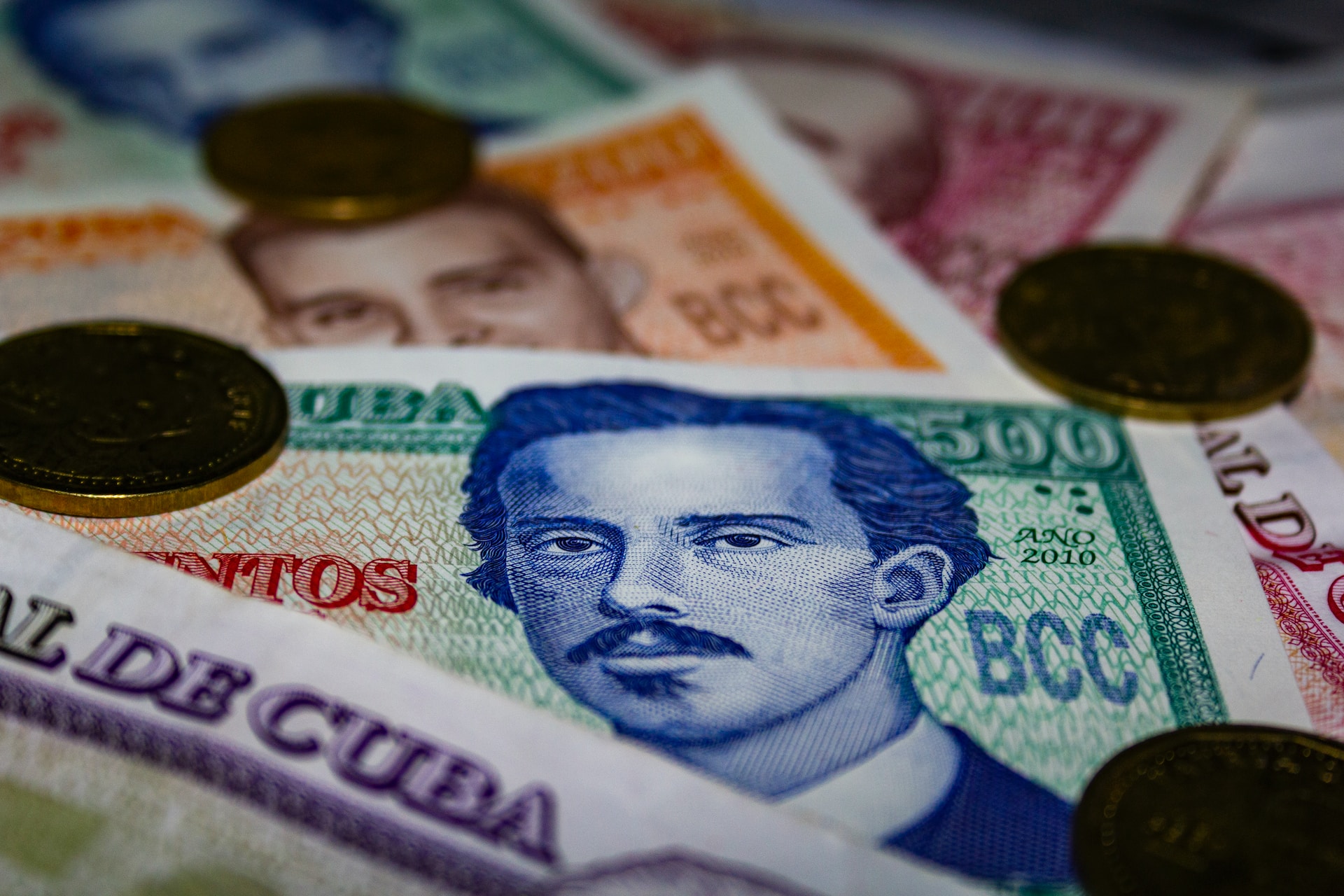
Warning: You may feel some things are surrealistic, improbable, or absurd but all is true. Remember, Cuba is under the control of a totalitarian state with the only objective of keeping the power at any cost. This report will show you the real situation in Cuba, that one that the state propaganda tries to deny.
Politic
If last Monday a private business was attacked for decorating a hamburger with an American flag, the Cuban government has long punished the use of national symbols. For this reason, he is requesting four years in prison for Aniette González García for the act of photographing himself in her own house wrapped in the Cuban flag and posting her images on her Facebook account.
She took the photos on March 22, following the call "The flag belongs to everyone" in support of the multidisciplinary artist Luis Manuel Otero Alcántara, today sentenced to five years in prison under the same law of insult to national symbols (Article 269, Chapter III of the Penal Code). Aniette González is being held in prison where she awaits a date for a probable trial.
It is questionable that supporters of the regime and tourists use the flag as a garment or accessory in dissimilar and questionable political and artistic acts organized by the ruling party, without suffering any type of sanction or harassment by the authorities. This shows that the laws in Cuba are always interpreted against the people and in favor of the state and its followers.
On one side covered with the flag Aniette Gonzalez (imprisoned) and on the other a video of a foreign artist at a concert in Cuba waving the flag like a rag (no problem)
Post from Facebook by Abigaíl CorzoTuesday, August 22, 2023
**
The censorship and lack of transparency are so big in Cuba that a pro-regime journalist started complaining about it. Imagine the situation for independent journalists (who don’t belong to any state press media) who can be prosecuted by doing this job.
Economy
The economic information in Cuba is scarce, the state keeps a lot of data in the dark under the argument of “national security”. Is understandable, that if nobody knows on what you spend the money, nobody can audit you. Fortunately, other countries and private companies provide information about expenses and services, therefore, parallelisms can be made to have an idea close to reality. That is the case with electric generation. On the island, electric shortages are almost the norm. Last year to prevent or diminish power shutdowns was rented multiple Maritimes Turkish power plants (the positive impact was imperceptible at that moment). The numbers of the contracts are unknown because of the silence about it from the company itself and the Cuban electric company.
However, the independent digital media 14ymedio published an analysis that compares the cost of a similar contract made by the Dominican Government. They give a cost for Cuba of 109 million dollars for a period of 42 months or 31 million per year. Now if we search the cost of a new thermal power plant we can see [the prices start from 545k dollars per Mwh]. So for 109 million dollars, Cuba could have built a 200 Mwh power plant, but at that moment was an emergency so is compressible the rent of the Turkish plants. But, right now the electric grid is stable so is the perfect moment to cut that annual cost and start to build a modern and efficient thermoelectric. However, that apparently is not contemplated in government plans.
**
 Source
Source
The value of 1 dollar dropped to 225 Cuban pesos. Now the Cuba minimum pension is around 6.71 USD, the minimum wage is 9.33 USD and the average salary is 18.6 dollars; all amounts are on a monthly basis.
**
The Australian drilling company Melbana Energy confirmed this week the discovery in its drilling in the Cuban province of Matanzas, of "quality oil" after years of searching in the area. Melbana's chief executive, Andrew Purcell, told Upstream Online magazine that the extraction from the appraisal well has been a success and gives the company more short-term production options in its expansion and development plan on the island. However, we will have to wait for the long term to see if it is the final solution to Cuba's oil supply problems.
Social
Lack of medicines, high cost of food, and political repression. This is the constant in Cuba, but let’s go with information. These last two days were marked by the Idalia hurricane that affected the occidental part of the country (Pinar del Río, Havana, and Artemisa provinces). Despite being a small category event caused multiple urban landslides in Havana city because the bad structural conditions of a big part of the buildings in this city. Construction materials are expensive and the citizens can afford maintenance or repairs, and the local authorities execute almost zero actions in this sense. All this creates the perfect condition for “accidents” when this kind of climate event happens.
In addition, around 60% of the electric net in Pinar del Río was without service due damages from the meteorological event. A positive point is that this time no was human loss, and the Civil Defense and local authorities were effective in the prevention.
**
The scholar period began today. As happened last year, the teaching material is deficient missing multiple educational textbook titles in schools. This has a negative impact on students ranging from first grade to high school. Many parents who want their kids to have these scholarly materials have to print them self or buy them at high prices from private businesses. Many of these educational materials are not printed due to lack of paper, but curiously there is no shortage of paper for the state propaganda media and government newspapers. Priorities.
For a country that stood out for its public educational system, the lack of materials and teachers, and the poor state of construction of many schools is evidence of the decline in which the educational system finds itself. According to a UNICEF study, only 59% of adolescents complete the high school or their technician studies. Even worse, 21% of teenagers never start high school or professional technical education. This caused that for the first time in the country's history, it is not mandatory to pass the entrance exams to higher education to obtain a place.
Despite providing opportunities for those students who fail subjects, only around 17% of the people who enroll in higher education graduate. This indicates that mass acceptance only causes a loss of resources. However, it is valid to point out that these dropouts can be due to a multitude of causes such as insufficient teaching, lack of training and/or vocation, economic problems, migration, political differences (if you speak out against the government they can expel you from the university), etc.
Declaration of students of the Faculty of Law of the University of Havana
Final notes
This is all for today, when fresh news comes out I will bring you another Cuba inside view report. Check the other reports here: - https://peakd.com/ccc/yecier/cuba-reports
The main image was created by me in Canva
Support this content
- Reblog the post.
- Share on #Web2 social networks.
- Share on LeoThreads, Dbuzz, or Liketu and earn $GOSH.
- Comment to discuss and help me grow.
- Tag me in your own posts to support each other.
Follow me on social networks:
Posted Using LeoFinance Alpha